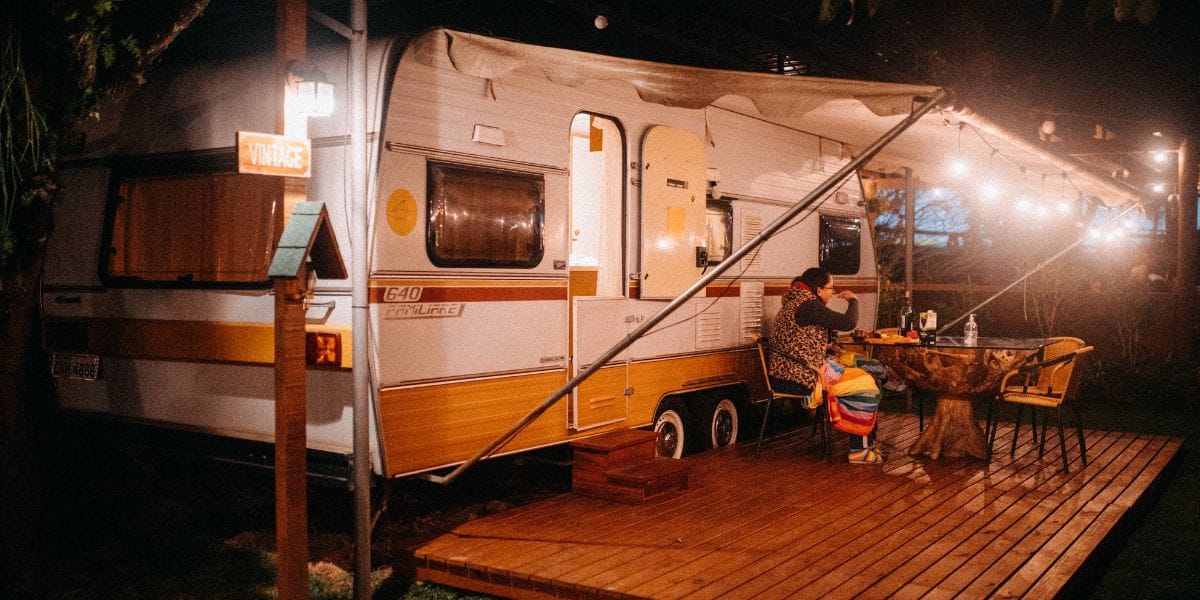Anxious about money? This guide is here to help curb those feelings of regret after ignoring your budget for the last few years, or getting carried away a few too many times during the Black Friday sales.
Check yourself before you…
Wreck your credit score. Credit cards are the go-to for many Australians shopping at bricks and mortar shops or online.
However, credit providers are collecting and reporting even more information about your credit card repayment activities. And many credit providers have started sharing more comprehensive credit data with credit reporting agencies.
So, if you miss repayment dates or default on the terms, this will be reported and it’s possible your credit score may be negatively affected, with your credit score potentially going down. Your credit score may also be impacted positively by meeting your repayment and other obligations (i.e. if you have been making on-time payments).
If it’s been a while since you last checked your credit score or you haven’t checked before, there are plenty of credit reporting agencies that can provide you a free report on your credit score. Check out MoneySmart’s list here.
Consider debit
Credit cards are not the only way to pay for things. If you’re a tap-and-go kind of person, debit cards can be a great alternative and allow you to keep a check your spending habits.
According to RBA stats, Australians have shifted to debit cards in the last decade. In 2004, 49% of all card purchases were with debit cards while in 2014, 66% were using debit cards.
Debit or ‘everyday’ transaction accounts can give you far more control over your spending as it uses your own cash, without drawing of credit from the bank. It also makes it easier to see how much is left to spend across a given day/week/month.
Cash rules everything around me
Even more hardcore than using a debit card is using cash. I know it’s 2020, but last time I checked, walking into a shop with some cold hard cash still gives you the same purchasing power as a plastic card.
According to Westpac Bank, as of 2017 Australia leads the world in adopting contactless payments, with the ability to pay bills with your phone, watch, ring, glasses or by cards (if you’re more of a traditionalist).
According to some studies, using cash has been shown to make you spend less overall. By physically handing over cash and seeing how much money you spend in a given transaction, you quickly see how easily spending can add up.
The B-word.
Speaking of… a budget can allow you to stop feeling stressed or anxious about money and start getting your spending and saving habits under control.
Even the most basic of budgets will allow you to get a sense of where your money is going and how much you spend in a given week.
While many shun budgets as constrictive, at the very least they provide a level of clarity and direction as to where you decided your money should be going.
Reviewing a budget is just as important as creating one and amending the budget based on your situation is crucial to your continued and successful spending/saving relationship.
Spending plans
Similar to a budget (but we think is usually more fun), is putting in place a spending plan.
If you’ve been needing a new set of sheets for your bed but haven’t really been able to sink a few hundred dollars on them, start planning for when you want to buy them.
Give yourself enough time to line up the best timing (sales are great) or when you might practically need them (just in time for winter). From there, figure out the amount of money you need to save each week, fortnight or month in order to spend the money at the designated time.
Spending plans allow you to budget, but actually get excited about what you are saving for. Spend time researching the product you want and start putting your plan in place to buy on a certain date.
Ready to (tap and) go?
Feeling stressed or anxious about money doesn’t mean you have to shy away from spending.
Embracing your usual spending habits, reviewing them and following a few of the steps above can help ease some of your worries and give you the freedom to put better spending habits in place for the future.



